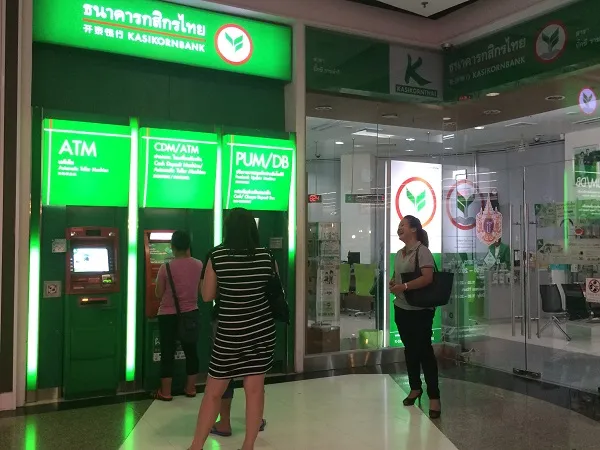
Thailand's additional 1% capital requirement for five banks credit positive: Moody's
Will they meet the requirements by 2020?
Moody's noted that last Tuesday, the Bank of Thailand, the central bank, designated five commercial banks as domestic systemically important banks (D-SIBs).
The D-SIBs are required to maintain an additional 1% of common equity Tier 1 (CET1) capital by 2020, which will be phased in at 0.5% in two years beginning 2019. The D-SIBs’ additional capital requirement is credit positive because more CET1 capital relative to riskweighted assets will strengthen their loss-absorption capacity.
Here's what Moody's thinks of the new requirement:
The five newly designated D-SIBs are KASIKORNBANK Public Company Limited, Siam Commercial Bank Public Company Limited, Bangkok Bank Public Company Limited, Krung Thai Bank Public Company Limited and Bank of Ayudhya. They will be required to maintain a minimum CET1 ratio of 8% by 2020, composed of a 4.5% minimum Basel III CET1 requirement, a 2.5% capital conservation buffer and a 1% D-SIB buffer.
The criteria Bank of Thailand used to determine these five D-SIBs was size, inter-connectedness, their status as either an important or major provider of financial institution infrastructure and complexity of financial products. D-SIBs provide vital banking services for Thailand’s real economy. Therefore, their more stringent capital norms will enhance the overall financial stability of Thailand’s banking system.
We expect that the five banks will comfortably meet the additional capital requirement because of their already-strong regulatory capital ratios and a general slowdown in credit growth. All five banks met the CET1 requirements for 2020 as of June 2017. Notwithstanding any sudden surge in credit growth in the next few years or sharp increases in credit costs, we expect that the five D-SIBs are well positioned to meet the additional 1% D-SIB buffer.






![Lorem Ipsum [ABF 1]](https://cmg-qa.s3.ap-southeast-1.amazonaws.com/s3fs-public/styles/exclusive_featured_article/public/2025-03/a_hand_pointing_to_a_futuristic_technology_5b87c9d0e3_1.png.webp?itok=2w0y1WhS)


![Cross Domain [Manu + SBR + ABF + ABR + FMCG + HBR + ]](https://cmg-qa.s3.ap-southeast-1.amazonaws.com/s3fs-public/styles/exclusive_featured_article/public/2025-01/earth-3537401_1920_4.jpg.webp?itok=WaRpTJwE)








 Advertise
Advertise

